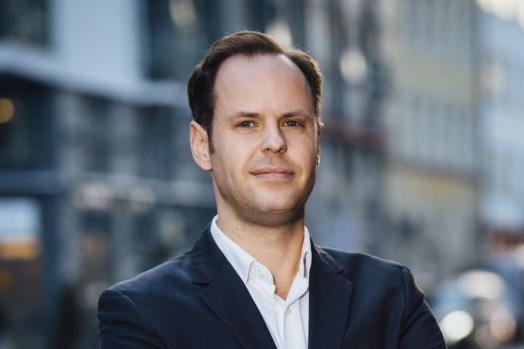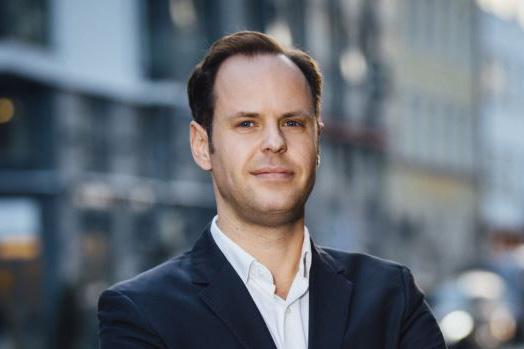Ecuador, Malta, and Thailand are the best destinations for expat women worldwide, according to the Expat Insider survey. While Ecuador, with a majority of expats from the age group 50 plus, is the perfect place to retire, Malta has a lot to offer when it comes to work-life balance. The sunny climate and quality of life in Thailand, along with above-average ratings for women’s job satisfaction, financial situation, and the low cost of living, attract many women from abroad.
For career women, Hong Kong is the ideal destination, with almost three-quarters of women working there satisfied with their job and a similarly high percentage being optimistic about their career prospects. An average 14 percent of expat women in Hong Kong are in a top management position—which is more than twice the global average.
From ‘Trailing Spouse’ to Working Expat
Originally from Edinburgh, Simone Thompson moved to London for her career before leaving for Cairo for her partner’s job. Her reason for moving abroad is not uncommon: About every tenth expat moves for their partner’s sake. The couple then lived in Libya, India, and Australia before repatriating to Scotland. Their journeys taught Simone to be more open and curious about others, while her children gained confidence and tolerance. Once she became a mother, Simone continued to meet new people while volunteering at school. Surrounded by expat families, she realized that in most of these families, fathers were the earners and few moms worked.
“What I missed abroad was a professional network, which is why I joined InterNations. I like that people from different backgrounds come together with a positive mindset—aiming to make the most of their situation.”
On their first move, Simone was what many might label a “trailing spouse”. However, she actively traveled, learned Arabic, taught English, and volunteered to better know the country she called home. Getting restless as an expat spouse and trying to avoid a gap in her CV, Simone signed up for an Open University Diploma course and eventually started her own company, Global Expat Solutions, in Australia, helping other expats excel in their postings through trainings and workshops.
The Expat Insider survey shows that 60 percent of traveling spouses struggle after giving up their previous career—therefore, Simone’s efforts to establish a new career for herself are something she has in common with numerous expat women around the world.
Cultural differences in Egypt and India were hard to come to terms with as a woman, especially always needing a man’s authorization. Legally being able to work in these countries was also difficult, while her family was most concerned about safety issues. Despite these challenges, Simone thinks that the friendships she made along the way have indeed made living abroad worthwhile.
“In Egypt, I didn’t have access to our bank account and in India, sometimes local staff at my husband’s office would need to talk to ”sir“ about things I could have made a decision on, which was very different to my life in U.K.”
Living in the Middle East
It came as a surprise to InterNations Ambassadors Iwona Gawlewicz from Poland and Rebecca Mayston from New Zealand when their new home country Oman was ranked the seventh-most popular destination for expat women by respondents of the Expat Insider survey. Survey results show that the high position was primarily due to a positive rating of respondents’ financial situation, the low cost of living, and the welcoming local culture.
Before moving to Oman for an internship, Iwona was prepared to face harsh conditions; but she ended up finding freedom and a beautiful environment—far better than what she had expected. Although employment of women in Oman is very restricted and there are few support groups for professional expat women, Iwona assures that working in an international environment and being exposed to different cultures have definitely changed her perception of Oman for the better.



